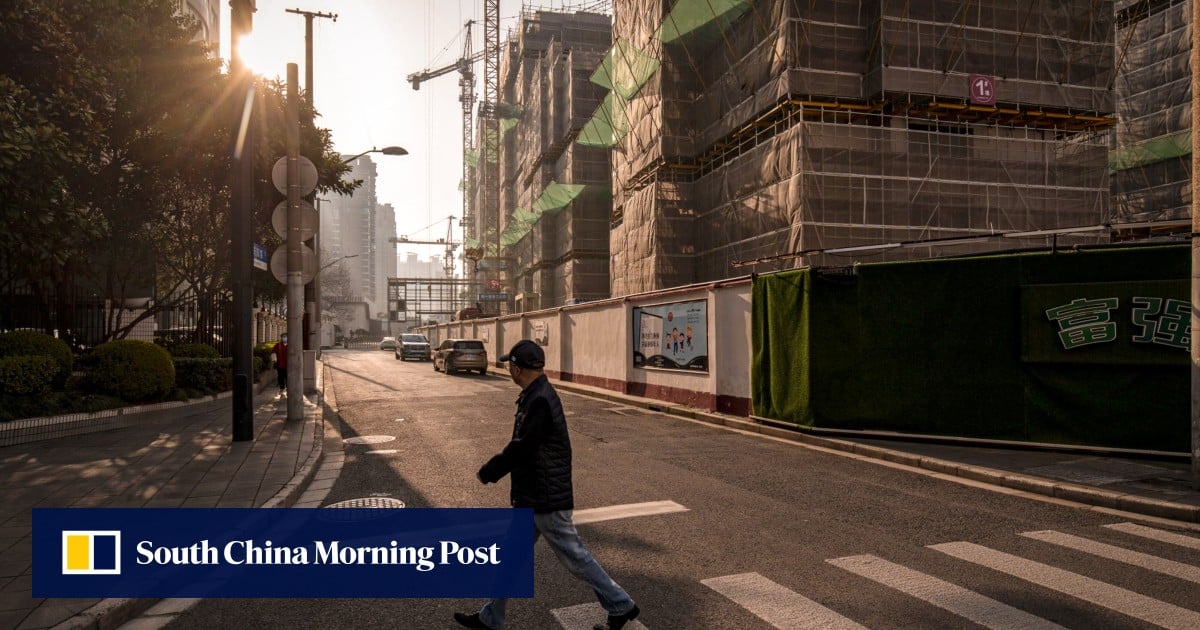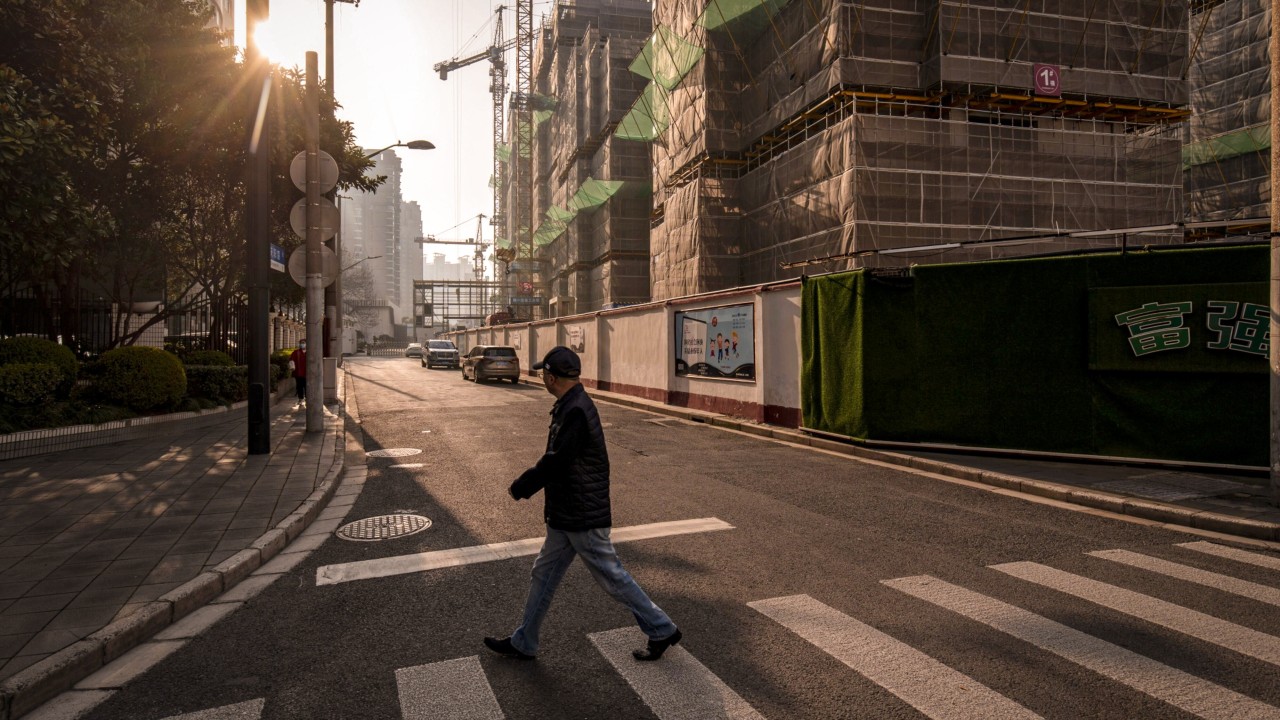
05 Apr Lived-in home deals in Shanghai hit 20-month high in March, but agent says bull run may be ‘short-lived’ amid economic concerns

The number of transactions hit a 20-month high, and a total of 24,000 pre-owned flats changed hands last month in the mainland’s most developed metropolis. This tally was also 24 per cent higher than February and 86 per cent above the same period a year ago, according to property agency Lianjia.
The average price for lived-in homes rose 2 per cent month on month to 40,560 yuan (US$5,607) per square metre, and nearly 90 per cent of the transacted homes sported a price tag of less than 6 million yuan. Most are located in areas away from the city centre.
“The jump in the number of transactions resulted from the release of pent-up demand, as some owners reduced prices to satisfy interested buyers,” said Xie Jiaojiao, a senior sales manager with property agency 5I5J.
“But market sentiment became weak at the end of March, as would-be buyers expected further price cuts before making their purchase decisions.”
Shanghai’s commercial property landlords face pressure to lower rents
Shanghai’s commercial property landlords face pressure to lower rents
The crisis has also deterred thousands of residents from buying flats despite a strong desire for improving their housing conditions, said You Liangzhou, the owner of Baonuo, a property agency in the city.
“In the absence of substantial policy support in Shanghai, most potential buyers will remain cautious about buying flats, because of a bearish view of the national and local economies,” You said.
“All signs are showing that a bull run in March will turn out to be short-lived, now that most buyers are taking a wait-and-see approach.”
Sluggish Shanghai office market gives tenants chance to bargain on rents
Sluggish Shanghai office market gives tenants chance to bargain on rents
On March 14, Hangzhou announced it would no longer impose eligibility criteria on buyers making their second home purchases in the city. In the past, only qualified residents were allowed to buy houses in specific areas, subject to a limit. The policy tweak reflected local governments’ desperation to bolster a troubled property sector, which, along with related industries such as home appliances and construction materials, accounts for about a quarter of the mainland economy.
Currently, households in Shanghai are barred from owning a third flat under an austerity measure introduced to rein in the then-red-hot property market in 2011. The Shanghai municipality has yet to lift a ban on owning a third flat, according to two city officials with knowledge of the matter.
Yan Yujin, director of the Shanghai-based E-house China Research and Development Institute, said this week that owners would have to accept hefty price cuts if they wanted to strike deals.
